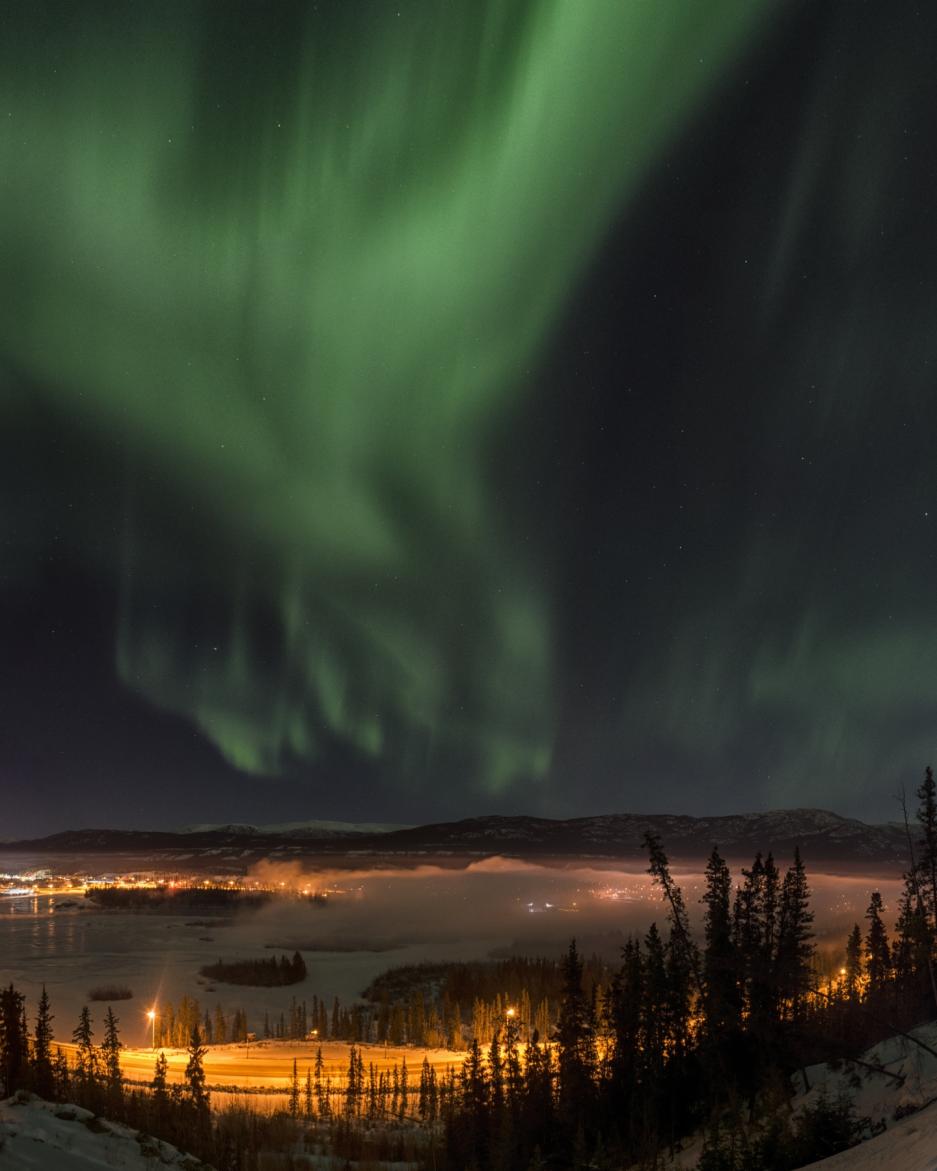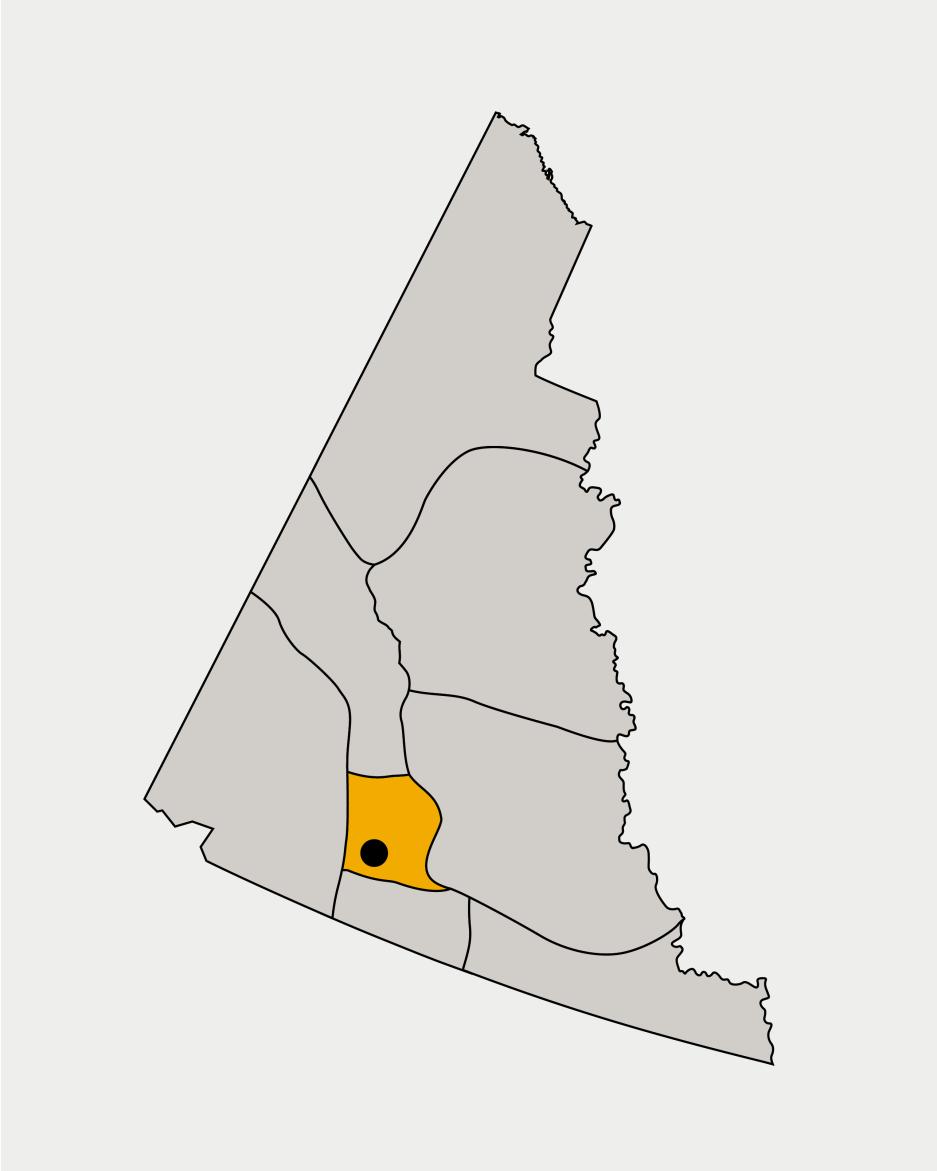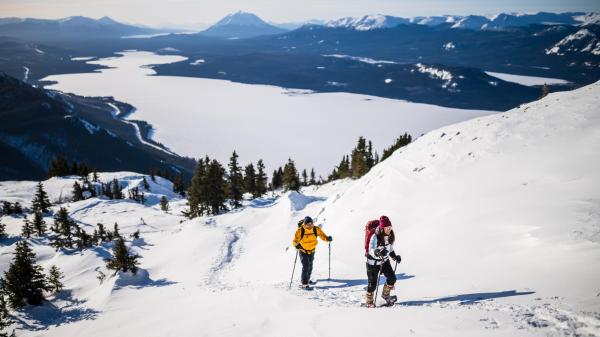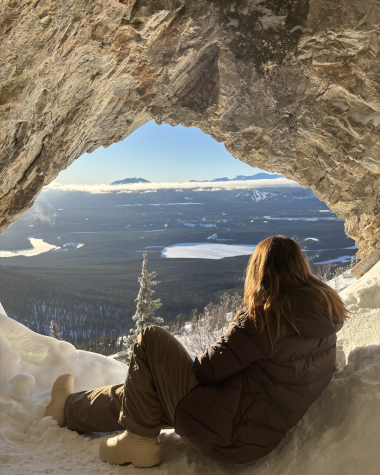
Whitehorse

Welcome To The Wilderness City
Surrounded by beautiful wilderness, the Yukon’s capital is a small city with a big backyard. Whitehorse is the territory’s travel hub—a must-stop for those driving the Alaska Highway and the first taste of the Yukon for visitors arriving by air.
Once here, the options really add up. Paddlers take to the historic Yukon River that flows through town. Hikers and mountain bikers access the hundreds of kilometres of trail. Adventurers climb into float planes on Schwatka Lake and fly off to wild, secluded places.
Those who are driving, less than an hour—in various directions—are the hot springs, the Yukon Wildlife Preserve, the much-photographed Emerald Lake.

History and culture
The Yukon has been inhabited for centuries, holding some of the earliest evidence of the presence of humans in North America. Today, 11 of the 14 Yukon First Nations have signed their Self-Government agreements. They are responsible for their own resource management, economic and social programs, combining traditional activities on the land with entrepreneurial and administrative skills in businesses, government and tourism.
Visitors are extended a warm welcome to the local First Nations cultural centres and festivals across the Yukon. Learn about the history and culture of the 14 Yukon First Nations before you go.
Things to know about Whitehorse
- In 2011, the World Health Organization ranked Whitehorse #1 for cleanest air in the world.
- Legend says Whitehorse got its name when gold seekers thought Miles Canyon’s wild rapids resembled the manes of charging white horses.
- The Whitehorse area has over 700 kilometres of marked trail, including 85 kilometres of groomed cross country ski trails.











